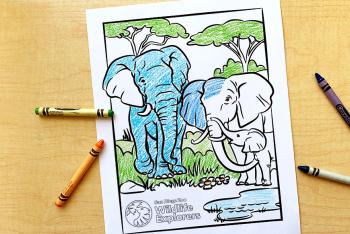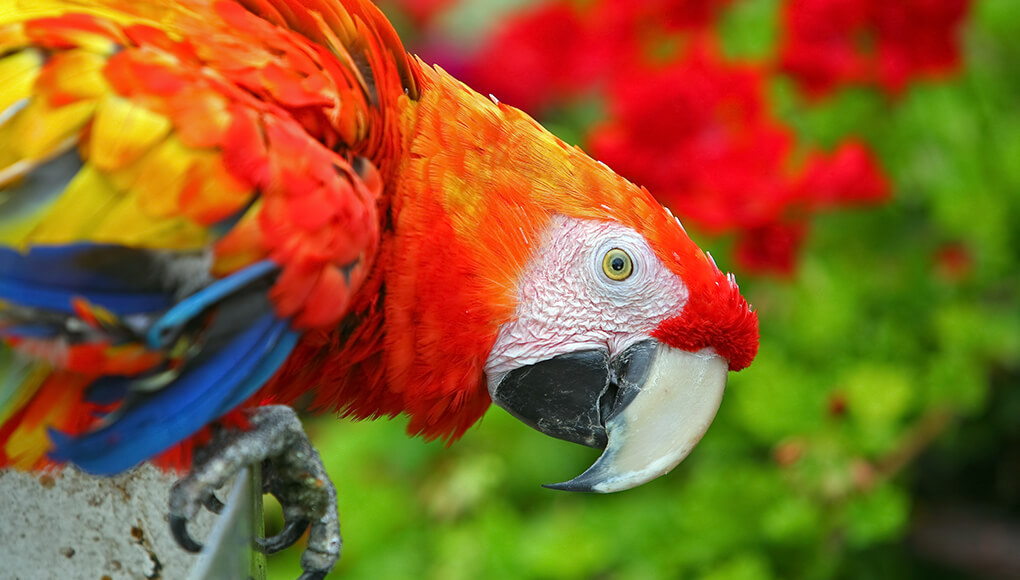
Something to squawk about
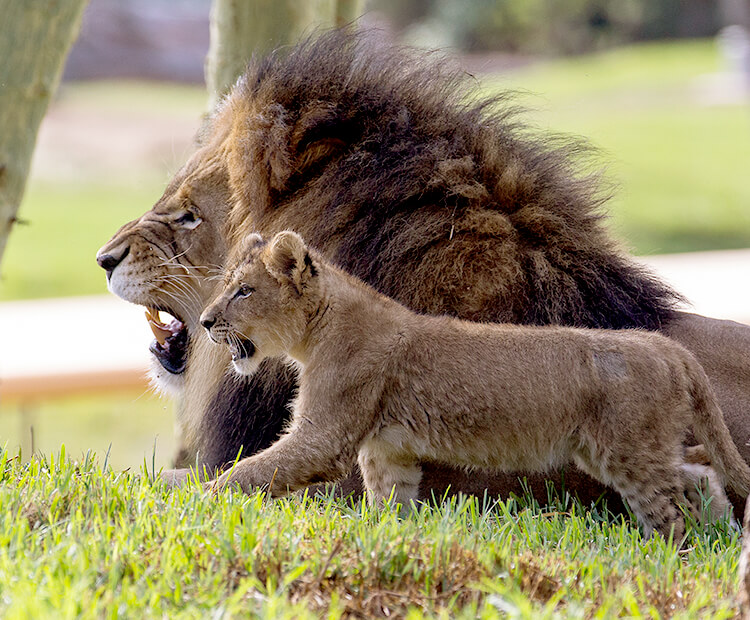
Screeching, squawking, roaring, and trumpeting—some animals make really loud noises! Ever wonder why some animals are noisier than others, and what all the “yelling” is about? The answers are as different as the sounds and the animals that make them.
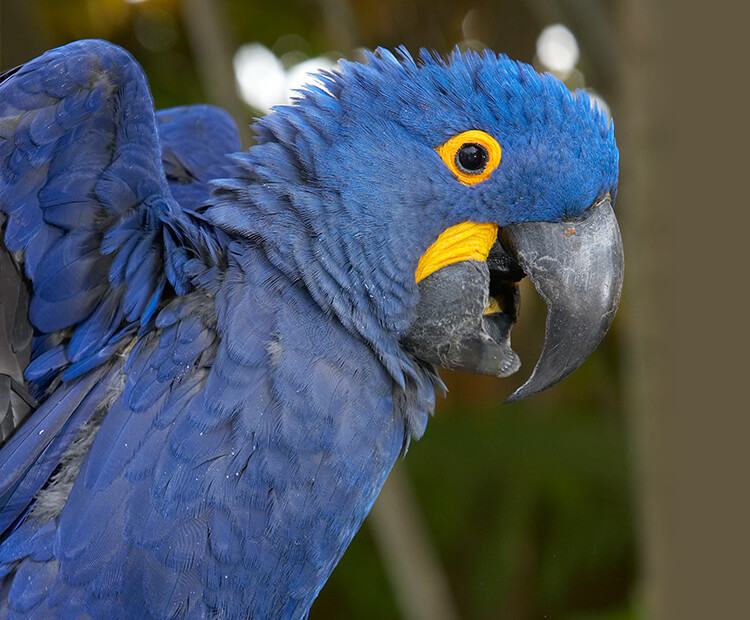
Tree talk
Macaws and parrots use ear-splitting, screechy squawks to keep in touch with one another as they feed in treetops. Even with their bright colors, it can be hard for them to see their friends through the leaves and flowers. Their loud calls may all sound the same to us, but the birds can tell "who is who." Like other birds, macaws make more than one kind of sound. They have an “I’m over here” call as well as a “danger!” squawk to warn others in the flock if a predator is near.
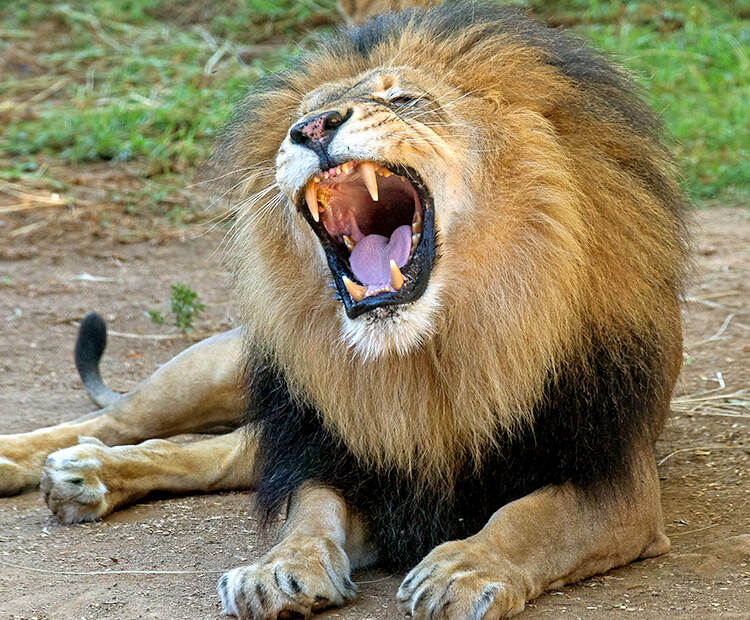
"Roar" call
The loud roar of a lion can carry for miles. These big cats live in a pride that “owns” a large territory. Hunting prey and patrolling the boundaries of their territory often keeps lions apart. At dusk and dawn, lions “take a roll call” to find out where everyone is and that they are okay. One lion starts it with a roar, and other pride members call back. Male lions have a louder roar than females. Their big voice also lets other males in the area know that this territory is taken!
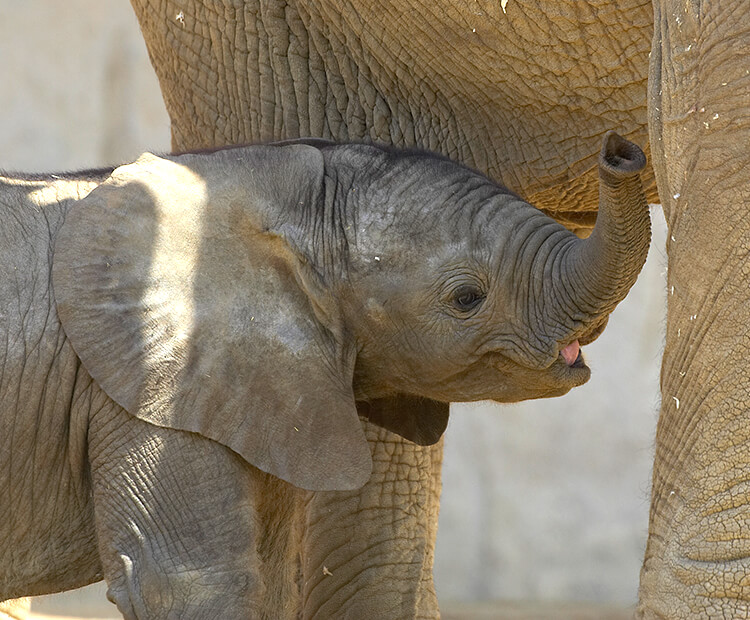
We "herd" you
The trumpeting sound an elephant makes through its trunk is noisy, but when the whole herd joins in, it can be deafening! When a new baby is born into the herd at the Safari Park, all the elephants gather around and trumpet together. But besides being a sound of celebration, elephants use short trumpeting noises to blast a warning at predators.
Think about the times that you make loud noises—what are YOU trying to say?

